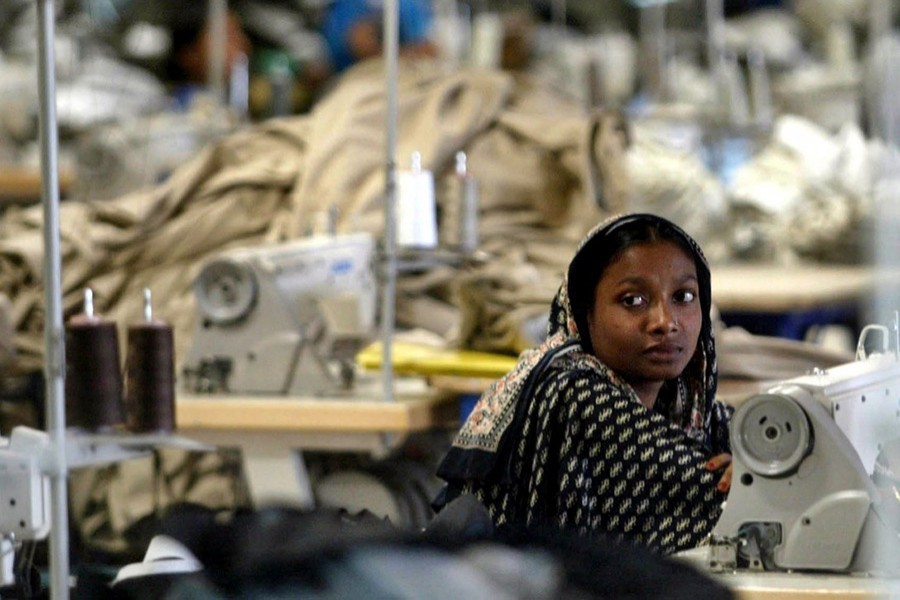The latest restrictions on Russia and its attack on Ukraine might send in spillover adversities for Bangladesh's economy, both directly and indirectly, analysts predict.
They fear the most immediate impact the economy might face is on account of price surge of energy following the latest developments in Europe, a key energy-sourcing region in the globe.
Besides, the two-way merchandise trades between Bangladesh and Ukraine, alongside other countries, mainly European Union markets, are likely to be affected, according to them.
Talking to the FE, professor at the Department of International Relations of Dhaka University Dr ASM Ali Ashraf said the ongoing tensions would affect the country's cereal import from Ukraine, which might cause their supply disruptions.
Simultaneously, it might have some impacts on the implementation of the ongoing projects, like the Rooppur Nuclear Power Plant which is being built by Russia, he says.
"Since prices of uranium and some other materials are not fixed, the Russian implementing agency may revise their rates upward," he adds.
Moreover, timely supply of the key materials in the plant might be disrupted also, according to him.
Bangladesh's export trade might be affected to some extent because of the Russia-Ukraine crisis as Europe accounts for a key portion of the country's merchandised exports per annum, Mr. Ashraf notes.
He, however, thinks that as Bangladesh economy is not well- integrated with the global supply chain, any major impact may not emerge.
Asked, a senior apparel-sector leader, Mohammad Hatem, says he sees no immediate impact of the crisis on the export of garment products to Ukraine as Bangladesh's share in the Ukrainian market is not so significant
Mr Hatem, also executive president of Bangladesh Knitwear Manufacturers and Exporters Association (BKMEA), however, notes that as there has already been a sign of price hike of energy on the global market following clashes, further price surge might cause certain negative impacts on the local apparel sector like others, pushing up cost of production.
Following Russian invasion fuel prices already crossed $100 market on the international market, while stocks plummeted.
BGMEA vice-president Shahidullah Azim said, "Though none wants any war, if war begins, it might have negative impact as Russia is a neighbouring country of EU."
The EU accounts for more than 60 per cent of country's total RMG exports while $650 million directly exported to Russia and additional $300-350million exported to Russia through other countries.
Oil price might go up and thus result in production-cost rises. Exporters might face setback that is yet to fully recover from the pandemic fallout.


